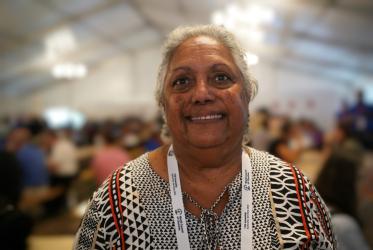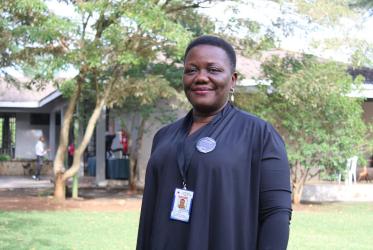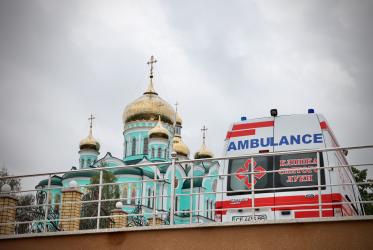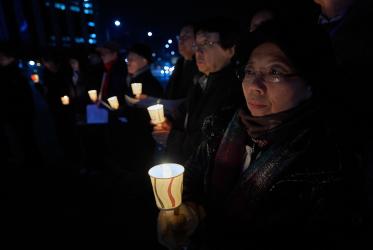Displaying 101 - 120 of 251
05 September 2022
Women with disabilities want to belong in churches
31 August 2022
Strengthening Christian Perspectives on Human Dignity and Human Rights
Perspectives from an International Consultative Process
19 August 2022
Cooler Earth - Higher Benefits (Third Edition)
Actions by those who care about children, climate, and finance
16 August 2022
Monastery in Ukraine responds to the consequences of war
09 August 2022
Lighting the lives of many
28 June 2022
Called to Transformation - Ecumenical Diakonia
09 June 2022



















